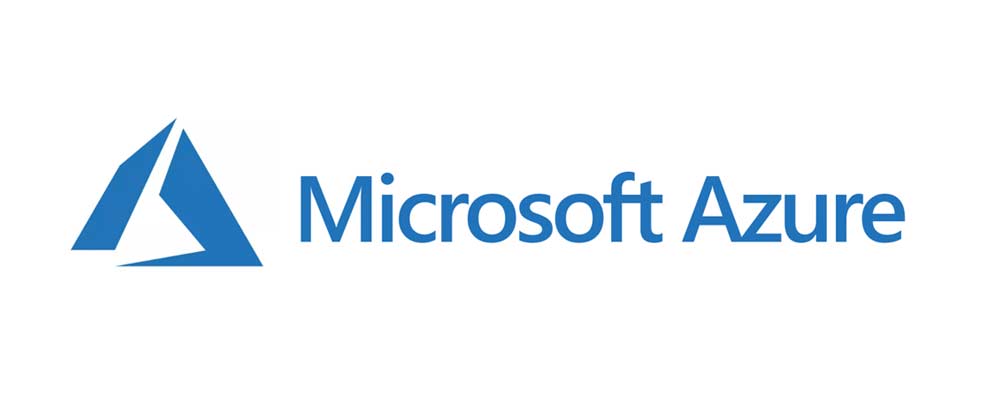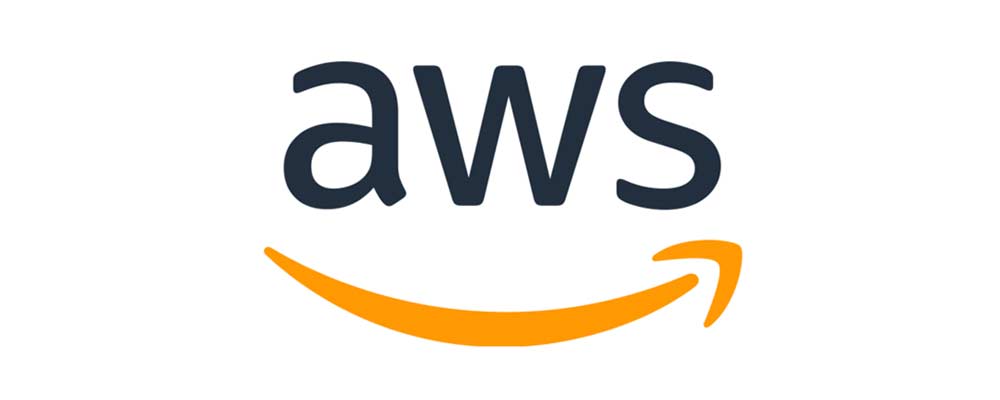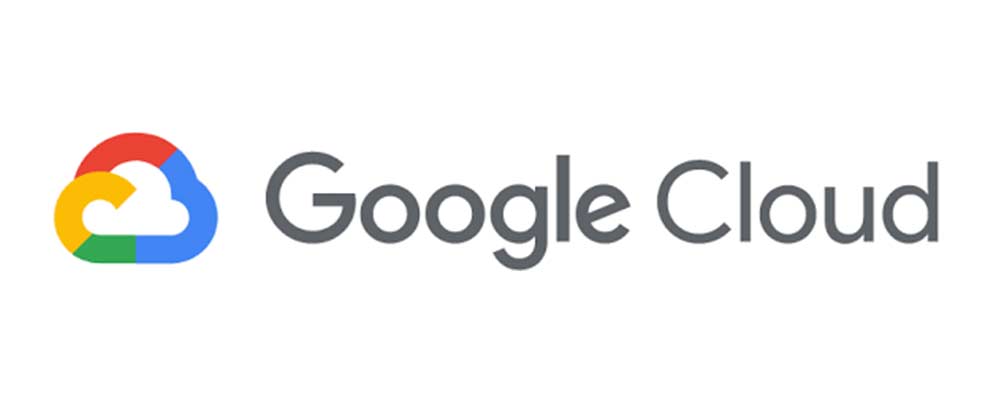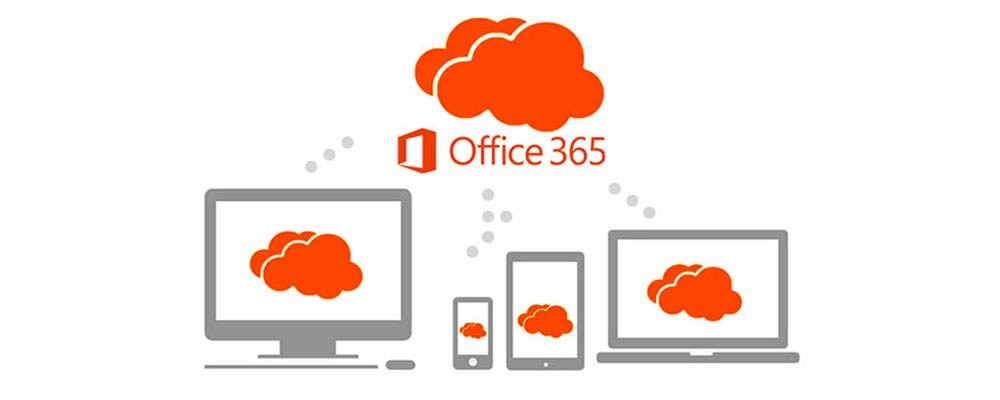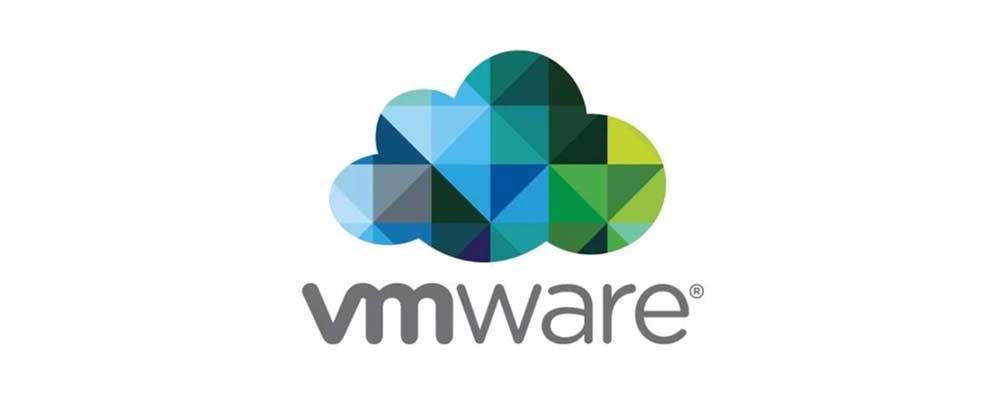Blog post
The top 6 cloud computing providers - how do they compare?

By Samantha Allen 26 Jan 2019

Cloud computing is now an essential service for businesses of all sizes. It’s important to build an IT infrastructure that can expand with your business. You’ve probably heard of AWS and Azure, but what about the various other alternatives? Read on to find out how they compare - AWS, Azure and Google Cloud vs three of the lesser known cloud computing alternatives.
The recent cloud computing market share in 2018
There’s no denying the powerful growth of the cloud computing market. Revenues in 2018 grew by 32% from 2017, passing the $250 billion milestone. Spending on cloud services has already overtaken spend on hardware and software used to build private and public clouds, and the gap is only widening as time goes on. Chief Analyst and Research Director at Synergy, John Dinsdale said “Cloud started to go mainstream in the 2014-2016 period and we tagged 2017 as the year when cloud became the new normal.”
“Cloud technologies are now generating massive revenues for both cloud service providers and technology vendors and our latest forecasts show that while market growth rates will inevitably erode due to the sheer scale of the numbers, the overall market will double in size in under four years.”
Frustratingly, technology companies don’t report cloud revenues and results in a consistent manner so getting comparable numbers is a challenge based on what they disclose. For example, IBM doesn’t report its cloud infrastructure and platform as a service revenue. Amazon releases their valuation data for AWS as a standalone company but Microsoft don't for Azure…
However, it seems that revenue growth at Microsoft Azure, Google Cloud Platform and Alibaba Cloud have exceeded the overall market growth rate, with all three gaining market share but Microsoft Azure in particular jumping ahead. But market leader AWS has continued to maintain its dominance and remains bigger than its next four competitors combined. The sheer scale of AWS prevents it from growing as fast as its competitors, but it is still showing growth year on year. After all, 1% of a lot is much better than 90% of a little.
While many of the smaller providers are seeing reasonable revenue growth, they are lacking the scale and financial muscle of their larger competitors. IBM’s market share has not grown as well as those mentioned above, but is remaining stable primarily due to its strong leadership in hosted private cloud services.
The big 3 cloud computing providers: AWS, Azure & Google Cloud

1. AWS (Amazon Web Services)
AWS was the first major provider in the cloud market and has dominated the industry since 2006. It boasts a large range of products and services, and an impressive network of data centres, and due to its reputation and reliability it’s been the most popular choice for businesses.
AWS was created by Amazon.com and it’s now overtaken Amazon’s original e-commerce offering to become their most successful service. Amazon are transparent with their financial figures of AWS and are clearly happy to prove that they have maintained dominance in the industry, showing consistent growth year on year.
According to Gartner, “AWS is the most mature, enterprise-ready provider, with the deepest capabilities for governing a large number of users and resources.”
Find out much more about how AWS compares to Azure and Google Cloud HERE.

2. Microsoft Azure
Since being introduced in 2010, Azure has been battling to catch up with AWS. While Azure doesn’t have market dominance, Microsoft made up for lost time by cleverly integrating their industry leading products such as Office 365 and Power BI into their cloud platform.
As Microsoft has been a trusted software company in the business world for decades, Azure was purposely made to be familiar, user friendly and easy to integrate. The loyal base of existing Microsoft customers ensure that Azure is consistently maintaining its spot as the second most popular cloud provider.
Find out much more about how Azure compares to AWS and Google Cloud HERE.

3. Google Cloud Platform
Depending on which analyst report you read, today Google is either the third or the fourth largest public cloud vendor, behind Amazon, Microsoft and (possibly) IBM. While AWS and Azure boast a broad portfolios of services, Google has a narrower focus and specializes in meeting the needs of developers. Through its web search and advertising businesses, Google has serious expertise in handling big data. Of course, it has transferred those capabilities to its cloud computing business as well, developing a solid reputation for analytics, artificial intelligence and machine learning.
Google created their first cloud computing service in 2008, which was a platform for developing and hosting web applications in Google-managed data centres. The service was made generally available in late 2011 and they have been adding many more services to the platform since.
Many businesses tend to choose Google Cloud Platform alongside another cloud provider. However, they are gaining in popularity each year and can be used exclusively by businesses for all their cloud infrastructure needs, depending on what your needs are.
Find out much more about how Google Cloud compares to AWS and Azure HERE.
Other cloud computing providers to consider - IBM, Alibaba & Oracle
As well as the big 3 already mentioned, there are many other contenders, and the “cloud war” is only just getting started. IBM Cloud, Alibaba Cloud, and Oracle Cloud are three worth considering. Let’s see how these compare.

Cloud contender 1 - IBM Cloud
IBM Cloud (previously known as IBM Bluemix and IBM Softlayer) is a suite of cloud computing services for businesses. Including Infrastructure as a Service (Iaas), Platform as a Service (PaaS) and Software as a Service (SaaS), organizations using IBM Cloud can choose between bare-metal or virtual servers (read more about that here) and public, private or hybrid cloud delivery models.
History & features of IBM Cloud
IBM acquired the public cloud platform SoftLayer in 2013, which became the foundation for its Iaas offering. This was merged with the Bluemix PaaS services to become IBM Cloud from 2017.
Developers can use IBM services to create, manage, run and deploy various types of applications for the public cloud, as well as on-premises environments. Various programming languages are supported, including Java, Node.js, PHP and Python. The IBM Cloud platform supports access to other IBM tools and services as well as third party vendors.
IBM Cloud services cover an extensive range, including:
- Compute
- Network
- Storage
- Management
- Security
- Data management
- Analytics
- Artificial Intelligence (AI)
- Internet of things (IoT)
- Mobile applications
- Developer tools
- Blockchain
- Integration
- Migration
- VMware

Cloud contender 2 - Alibaba Cloud
Alibaba Cloud (also known as Aliyun) is a Chinese cloud computing company, and a subsidiary of Alibaba Group. It’s most comparable to AWS, which is a subsidiary of Amazon. Both companies came from an e-commerce background and they both launched their cloud services before Microsoft Azure and Google Cloud Platform. Alibaba Group established it’s cloud in 2009, only 3 years after Amazon introduced market-leading AWS.
Alibaba is China’s largest public cloud service provider, and (depending on the source) is now the 5th largest worldwide. Alibaba Cloud provides a comprehensive suite of global cloud computing services to online businesses as well as Alibaba's own e-commerce ecosystem.
How does Alibaba compare to AWS, Azure, Google and IBM?

In 2017 Alibaba Cloud was included for the first time in a major report from Gartner on the state of the public cloud. The report suggested that while Alibaba is new to international markets, it’s well-positioned to compete with the bigger players in the market, such as AWS, Azure and Google Cloud.
From a business perspective, Alibaba has been ranked 4th, ahead of IBM and Oracle, in terms of “ability to execute”. But it falls behind both IBM and Oracle as well as AWS, Azure and Google Cloud when it comes to “completeness of vision”. Like the other large providers, Alibaba Cloud has set up more centres around the globe in recent years, to handle other companies’ computing workloads, as well as providing new services.
What’s bad about Alibaba Cloud?
While Alibaba is the largest cloud service provider in China, it’s international offering doesn’t seem to have the full capabilities or performance of their China offering. It doesn’t differ much compared to the other hyperscale providers like AWS, Azure and Google Cloud. It seems that Alibaba takes a fair bit of inspiration from competitors when developing their service capabilities and branding.
Along with its limited track record and reputation, international customers could be worried about security or compliance issues which stem from relying on a Chinese company. “The company does not have substantial mind share with buyers in most markets, as it is still building the required local talent, industry expertise and go-to-market capabilities,” Gartner said in its 2018 report on the cloud infrastructure market. “Prospective international customers may also perceive security and regulatory compliance concerns when using a Chinese company, even though Alibaba Cloud has undergone third-party audits.”
What’s good about Alibaba Cloud?
Alibaba services are comparable to the big 3 cloud providers. Available on a pay-as-you-go basis, the services include data storage, relational databases, big-data processing, Anti-DDoS protection and content delivery networks (CDN).
Although still trailing behind AWS, Azure and Google Cloud, Alibaba is the largest cloud computing company in China, and some reports claim it has surpassed IBM to become the world’s fourth-biggest provider of cloud infrastructure and related services. Many Chinese companies are wanting to expand abroad and likewise many large companies globally are looking to crack the China market which has proven a challenge historically. Alibaba’s website shows that European companies including KPMG, Nestlé and Philips are all clients, as well as many American businesses.
Despite concerns about security and compliance from the Chinese company, Alibaba Cloud does show compliance, boasting high-level international certifications to guarantee data security, including gold certification in cloud security from the British Standards Institute.
Alibaba can undoubtedly offer impressive economies of scale and processing power. The same technology that supports the epic Alibaba Group ecosystem can also be used to power your own international expansion. Alibaba Cloud’s international network of data centres allow you to manage all regions through a single global account. Alibaba Cloud also boasts advanced big data crunching technology to save you time, and links to the latest technology in machine-learning, VR (Virtual Reality) and IoT (Internet of Things).
Cloud computing will become Alibaba’s main business in the future, according to Alibaba Group CEO Daniel Zhang. “We strongly believe that every business in the future will be powered by cloud. We are very happy to build this cloud infrastructure in the new digital era and support all the businesses going digital,” he said.
As with the rest of the world’s biggest technology companies, Alibaba are building data centers, staffing up and making acquisitions to handle the surge in workloads as more businesses shift their computing and storage needs to the cloud.

Cloud contender 3 - Oracle Cloud
Oracle Cloud is another respectable cloud computing service worth considering. A global network of data centres are provided and managed by Oracle Corporation. They provide servers, storage, network, applications and services. As with the other cloud competitors, they provide IaaS, PaaS and SaaS but Oracle Cloud also offer Data as a Service (DaaS).
These services are used to build, deploy, integrate and extend applications into the cloud. The platform supports numerous open standards, open-source solutions and a variety of programming languages, databases, tools and frameworks including Oracle-specific, Open Source and third-party software and systems.
How does Oracle compare to AWS and Azure?
Vice President of Oracle Cloud, Ashish Mohindroo contrasted Oracle’s offering with Amazon’s AWS cloud. He said “AWS is an incomplete cloud. Their main focus is IaaS, compute, and storage. If you want to store files in the cloud or spin out a new server, you’re good. But most customers want to run applications, and with AWS most of those capabilities come from third parties. So when it comes to integration, you’re on your own.” He added, “and if something breaks down, you’d better hope it’s a problem with the infrastructure; otherwise you’ll be calling multiple app vendors to resolve the issue.”
Considering Azure, Mohindroo noted “Microsoft’s Azure is also an incomplete cloud. Their DNA is not infrastructure, and they offer incomplete IaaS, fewer compute choices, and a limited platform for SaaS applications.” Microsoft customers need to invest in third-party tools for building SaaS extensions. “Even worse,” added Mohindroo, “Azure taps out for large implementations, with a maximum 1 terabyte for Azure SQL Database.” That’s not enough for the volume of data that large companies are collecting today. For example, sensors on a single airline engine can generate half a terabyte of data on a cross-country flight.
“Oracle is the only vendor in the market that will deliver cloud on your terms. We want to give you the choice and the confidence to follow your own path. We’re committed to your success, and we understand that you’re betting your business on Oracle technology,” said Mohindroo.

The cloud computing comparison - what next?
As with most decisions in business, the best choice usually depends on your specific business needs. It may be that one cloud provider meets all your requirements, but as the cloud computing market evolves and grows, it could be worth using multiple suppliers/vendors to provide the full range of services you need.
AWS does remain a dominant force in the combined IaaS and PaaS markets, but as we’ve explored above, there are other providers offering additional services to AWS. The adoption of multi-cloud strategies would allow businesses to reduce reliance from one provider, reduce costs and increase reliability.
Further competition will benefit cloud customers in a variety of ways. In the words of AWS CEO Andy Jassy, “there won’t be just one successful player … there are going to be multiple successful players, and who those are I think is still to be written.”
The “cloud war” is still unfolding, and we will bring you updates as the market changes each year. Due to the rapid amount of change it is advisable to undertake as much training as possible. Go.Courses are here to make it easy for you to learn new skills and book the right training for your business and career needs. We offer a range of cloud computing training courses, particularly for AWS, Azure, Google Cloud Platform and Oracle.
All our courses are trainer-led by experts in their field and available in-house at your office or at a variety of locations.
You can browse our courses and BOOK ONLINE, or give us a call to have a chat and find out more.


